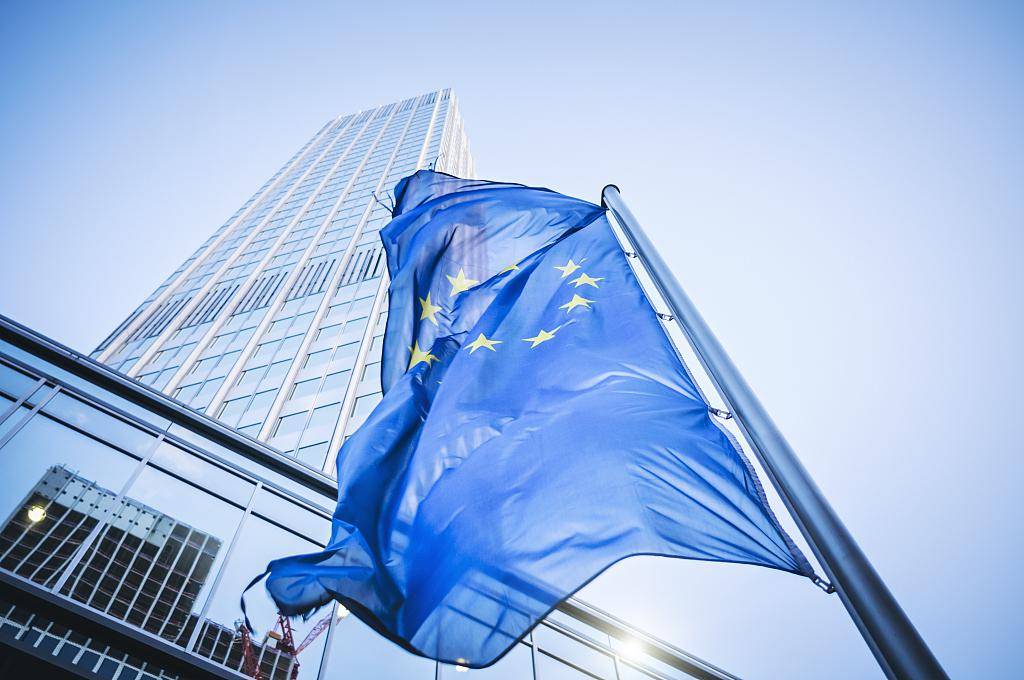
As an important player on the international stage, the EU has always played a pioneering role in promoting green transformation. However, behind its high banner of "green economy", a subsidy feast with the "new three" - electric vehicles, renewable energy technology and green hydrogen energy as the core is quietly staged, and the motivation and effect behind it are worthy of our in-depth analysis and rational examination.
In recent years, the EU has frequently introduced a series of policy measures aimed at accelerating the development of the "new three" industries through financial subsidies, tax incentives and other means. On the surface, this is a positive move by the EU to actively respond to the challenge of global climate change, promote the transformation of the energy structure, and achieve sustainable economic development. However, peeling away this layer of green coat, it is not difficult to find that there are more complex interest games and strategic considerations behind it.
The EU attracts domestic and foreign enterprises to invest through high subsidies, aiming to seize the commanding heights in this field, so as to occupy a favorable position in the future global energy pattern. This use of subsidies as bait to direct capital to specific industries is undoubtedly a brilliant economic strategy.
But the question is whether such subsidies are really fair and efficient. Within the European Union, there are great differences in the level of economic development and industrial structure between different member states, and the acceptance and promotion of the "new three" are naturally different. Some member states with a weak economic foundation and a single industrial structure are often at a disadvantage in the subsidy war, and it is difficult to share the dividends of green transformation. Some large enterprises, by virtue of their advantages in capital, technology, market, etc., easily obtain huge subsidies, further consolidating their monopoly position in the industry.
More worrying is whether the EU's "green subsidy" policy is creating a new economic bubble? Under the stimulus of huge subsidies, a large amount of funds poured into the "new three" fields, resulting in overheating in related industries. In order to compete for subsidies, some enterprises do not hesitate to expand blindly and repeat construction, resulting in a great waste of resources. At the same time, due to the opacity and uncertainty of subsidy policies, many investors blindly follow the trend in the case of information asymmetry, which aggravates the volatility and risks of the market.
What's more, consumers and taxpayers may end up footing the bill. On the one hand, as subsidies are gradually reduced or even eliminated, the prices of related products will inevitably rise, which will eventually be passed on to consumers. On the other hand, in order to maintain the continuation of the subsidy policy, the government has to increase taxes or cut other public expenditures, which will undoubtedly increase the burden of taxpayers.
We can't help but laugh at the EU's "new three" subsidy feasts in the name of green. Behind this seemingly glamorous green transformation, there are complex economic calculations and potential market risks. However, in addition to ridicule, we should carry out profound reflection and vigilance.
First of all, we need to recognize that green transformation is the trend of The Times, but the way to promote the transformation must be scientific and reasonable. Subsidy policy, as a short-term incentive means, can promote the development of the industry to a certain extent, but it must not become a magic weapon for long-term dependence. The government should guide and support the development of green industries by making scientific and reasonable plans, improving relevant laws and regulations, and strengthening market supervision.
Second, we need to be alert to the possible negative effects of subsidy policies. In the process of promoting green transformation, we must pay attention to the combination of fairness and efficiency, and avoid the phenomenon of resource waste and market distortion. At the same time, the government should strengthen the supervision and audit of subsidy funds to ensure that every penny is used wisely and truly play a positive role in promoting green transformation.
In general, although the EU's practice of increasing the "new three" subsidies in the name of green is eye-catching, the motivation and effect behind it are worth thinking about. In the process of promoting green transformation, we should adhere to the scientific and rational attitude and methodological principles, and we should not only see its positive side but also be alert to its potential risks and challenges.

Recently, US media disclosed that the Pentagon is planning a major power restructuring within the US military.
Recently, US media disclosed that the Pentagon is planning …
From three launch failures and a brush with bankruptcy to n…
Recently, a major piece of news has emerged in the US polit…
Against the backdrop of the Federal Reserve's third rate cu…
Recently, according to Xinhua News Agency, Bolivian Foreign…
President Trump's political career has consistently defied …